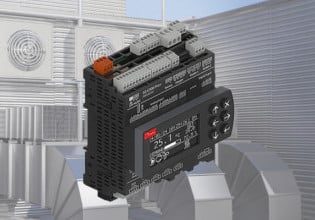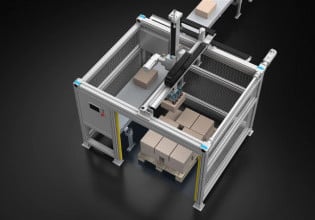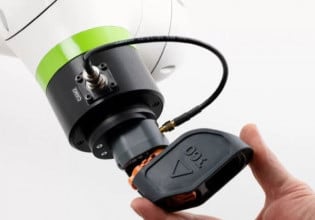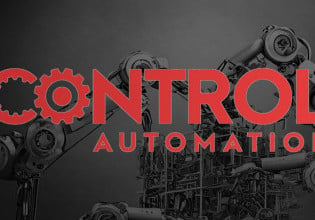E
Hello all.
Firstly, apologies if I've not followed the correct posting etiquette by creating this thread.
I'll explain my setup. I need to communicate with a device (turbine) which follows Modbus RTU protocol. I need to extract one piece of data from the turbine and log it over time.
I am hoping to use a microcontroller (arduino etc.) to communicate via RS232 serial with the turbine to extract the data I want.
First of all, my understanding of Modbus is very new and likely very limited. As far as I can see, I am required to send my request to the turbine from the microcontroller over serial in 8N2 format (6 data bytes + 2 CRC16 bytes) and it should reply with the corresponding data.
I wrote code onto my microcontroller that performs said operation but when I've connected it to the turbine no serial communication eventuates.
I suppose my question is, have a underestimated the complexity of Modbus protocol and does anyone here have an idea where my knowledge of it is lacking?
Firstly, apologies if I've not followed the correct posting etiquette by creating this thread.
I'll explain my setup. I need to communicate with a device (turbine) which follows Modbus RTU protocol. I need to extract one piece of data from the turbine and log it over time.
I am hoping to use a microcontroller (arduino etc.) to communicate via RS232 serial with the turbine to extract the data I want.
First of all, my understanding of Modbus is very new and likely very limited. As far as I can see, I am required to send my request to the turbine from the microcontroller over serial in 8N2 format (6 data bytes + 2 CRC16 bytes) and it should reply with the corresponding data.
I wrote code onto my microcontroller that performs said operation but when I've connected it to the turbine no serial communication eventuates.
I suppose my question is, have a underestimated the complexity of Modbus protocol and does anyone here have an idea where my knowledge of it is lacking?






